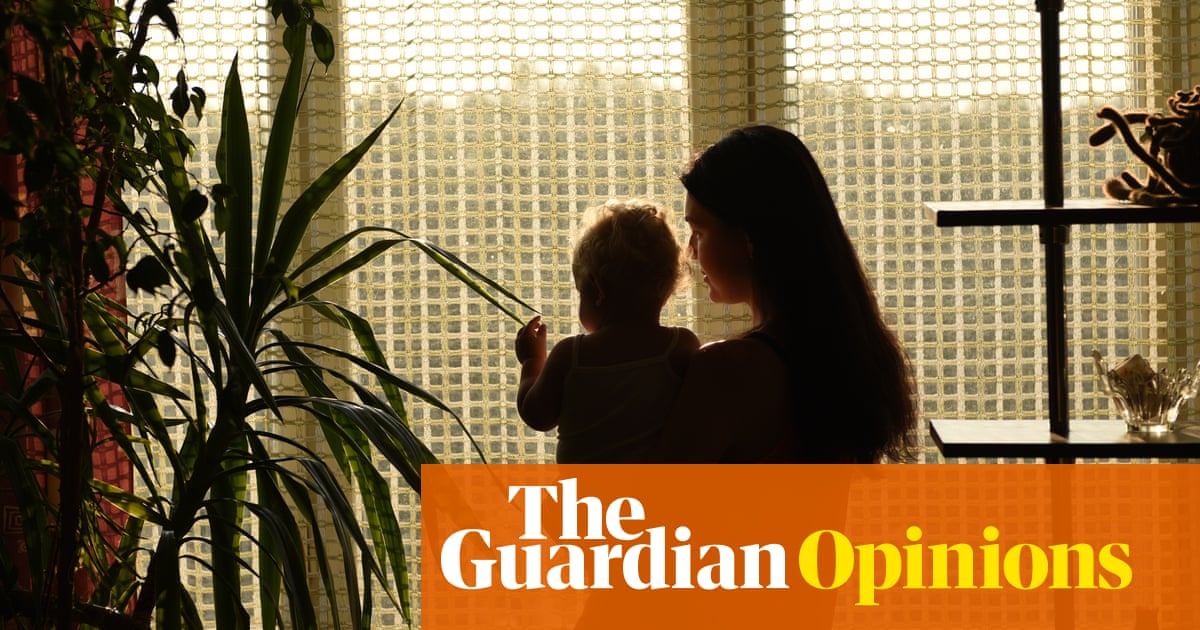Many of us tend to diminish ourselves and others with some snappy, reductive phrase rather than dig more deeply in search of understanding. Enter the idea of the “people pleaser”. The term has a ring to it; it rolls off the tongue and its meaning seems self-evident. It feels comfortable and anodyne. We know where we are with a people pleaser.
But do we really? I hadn’t taken the time to think about it until recently. And the more I did, the more I found the phrase, and the possible unconscious dynamics reduced by it, discomfiting and disturbing. It took several years of psychoanalysis for me to be able to see more clearly what my tendency for people pleasing was hiding, and what I saw did not please me at all. What I saw was not anodyne. I saw that at the core of me, where something real and solid should be, sat a mirror, reflecting whatever I thought others wanted to see.
It was a shock to realise that I did not know who I was at all. That the self I had constructed was not really built out of my own character and qualities and desires, but out of my interpretation of what others desired from me. It was a terrible, terrifying realisation – but perhaps the most important from my time in therapy so far. Because before you can start building a better life, you have to ask yourself, do you even know who is deciding what better means?
When people talk about people pleasing, they often seem to refer to women. I’m sure, as has often been written, that there is something in the way girls and women are socialised that feeds and rewards this mirror construction, which I see every time I see a girl pouting for a selfie.
But I also think this way of relating to ourselves and to others can affect anyone. Perhaps, as the psychoanalyst Donald Winnicott theorised, it is rooted in infancy, linked to the development of what he called the false self. He thought the false self can emerge when a baby intuitively senses that their carer does not have the capacity to manage their true feelings, whether that’s hunger, need, rage, pain or anything else. The false self can then take over and fill up the space where any true sense of self might grow, as the infant tries to be the baby, then child, then adolescent, then adult that is wanted, rather than the one they truly are. Complying, rather than being.
I used to think of people pleasing as being an active, conscious choice. I might knowingly pretend to a friend that I didn’t mind travelling to meet them, while privately acknowledging I’d hidden my true feelings about being too tired to shlep. But Winnicott wasn’t talking about this more ordinary kind of pretending; his description takes us into an entirely different domain, an unconscious reshaping of our wants and needs that is totally dependent on the expectations or wishes of others, leaving a sense of emptiness inside where something real could be. For a while, I assumed that there was nothing at the core of me; that this mirror construction was all I was. It was a very unsettling, disturbing period in my therapy.
But I now realise that this was not the case. There was plenty there; I just didn’t want to know about it. Very unpleasing feelings lurked underneath the reflective surface: envy, hatred, anger, fear, vulnerability, a sort of puffed-up arrogance as a shield for need and shame and fragility. And, of course, there is plenty more that I’m not inclined to share publicly. No wonder I was so anxious back then; these were some of my monsters hiding under the bed. I used to think of these parts of myself as flaws that needed to be expunged. I’m a bit kinder now. I’ve come to realise that I’m just as human as the next person.
Since this realisation, I have also begun to see other characteristics and qualities. They include a kind of big-heartedness, and a courage I was very much unaware of. A resilience and solidity that sits alongside my fragility; that in fact grows out of it. All this was hidden from me, too. Since getting to know these different parts of myself, my life has certainly got better. I feel less empty and more solid now, most of the time. Something has grown inside: something real, a sense of self, a capacity to be in contact with my emotional life and listen to myself in a real way – and to recognise when I cannot – that brings with it a sense of agency. The monsters under the bed, and behind the mirror, are much less anxiety-provoking now I’ve finally introduced myself.
Moya Sarner is an NHS psychotherapist and the author of When I Grow Up – Conversations With Adults in Search of Adulthood

.png) 6 hours ago
5
6 hours ago
5













































